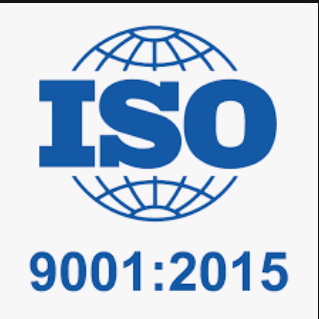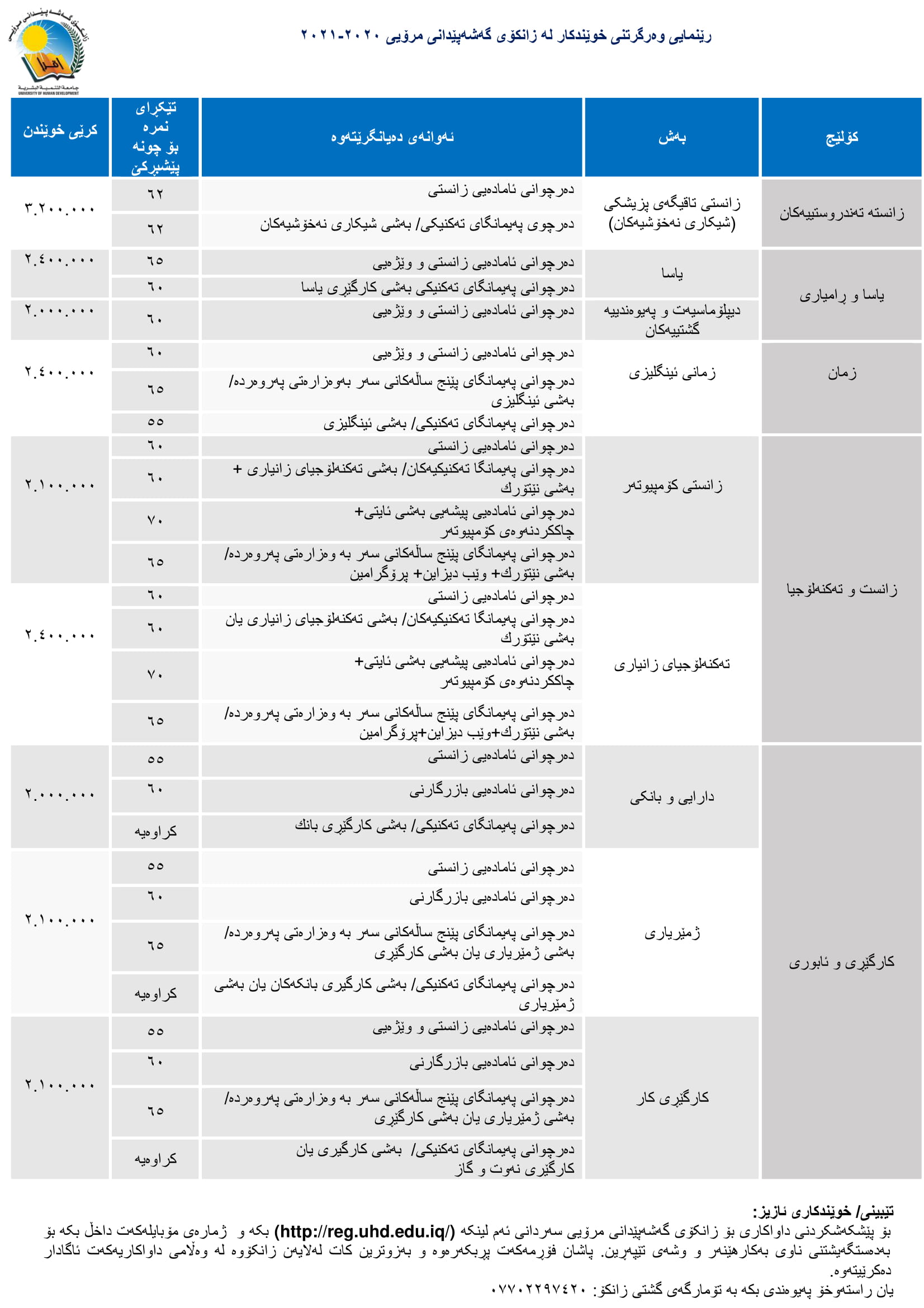Law students demonstrate strong engagement and earn high distinctions in the Philip C. Jessup International Law Moot Court Competition
National Forum on University and Labour Market
2022-03-03
Academics, specialists and government officials gathered at the University of Human Development on 3rd March 2022 to discuss the problems university graduates face in the labour market – university graduates in the Kurdistan Region find themselves in an unfavourable position in the market; there are very few job opportunities, consequently, many graduates remain unemployed or take a job not fitting their professional preferences.
There are around 25,000 new graduates every year in Kurdistan however a small number of them can get a job.
The forum was organised by Birnas Organisation for Studies and the University of Human Development (UHD) and hosted by the latter at Dr Ali Qaradaghi Hall.
Among the dignitaries attended were the Minister of Higher Education and Scientific Research of the Kurdistan Regional Government Dr Aram Muhammad Qadir, the Governor of Sulaymaniyah Dr Haval Abubakir, deputy ministers and ministry advisors.
In the opening speech, the Head of Birnas Organisation Ms Chra Shamal welcomed everyone and said that the purpose of the forum was to find solutions to the growing problem of unemployed university graduates. She then left the stage for the Minister of Higher Education to give his speech.
At the beginning of his speech, the Minister thanked UHD and Birnas Organisation for organising the forum. He then focused on some important issues. He said that traditional learning must change so that it can respond to the changing demands in the labour market accelerated by globalisation and that his and other ministries need to do reforms or the future of the region will be in total jeopardy. He carried on and said that one student at a public university costs the government 17 million Iraqi dinars for the whole course of study and, generally, the public universities cost the government around 600 million US dollars annually. Universities must be financially independent, he said. The private sector has to be expanded and supported, and universities should provide their students with the necessary skills.
The panel then began. The first speaker was Dr Amanj Abdullah Saeed, Senior Advisor to the Minister of Higher Education. He addressed the issue of the fast-changing nature of the global economy and technology and said that university students must receive the knowledge and necessary skills that can enable them to adapt to the rapid changes in the market. He recommended the creation of a joint board between several ministries to continuously assess the needs of the market and develop plans accordingly.
The second speaker was Mr Zagros Fattah, Deputy Minister of Planning. He pointed out that his ministry has plans but the problem is implementation. He mentioned that there is a big number of foreign workers in Kurdistan who have made labour cheap, the solution is to raise their wages, to be enforced by law, so that local companies would reduce their reliance on foreign workers and instead employ local workers. He stated that there are gaps in the labour market such as in certain areas in the engineering sector and his ministry continues to survey and collect data regarding the needs for labour in the market. He recommended opening vocational schools, privatising some government services, and regulating pensions for private-sector workers by law.
The third speaker was Mr Ali Othman Ali, Deputy Minister of Trade and Industry. He cited the absence of an industry development law in the past as a hindrance and expected improvement in the sector as there is now one. He proposed that the food industries should get at least half of their supplies, raw materials, from local farmers, this will create jobs and help agriculture in Kurdistan to grow. He directed criticism at the Kurdistan Regional Government representatives in other states and said that unlike their counterparts in Kurdistan they do not promote Kurdistan products abroad. He recommended that the government have subsidies for local industries and facilitate their work as much as possible and that government licenses to businesses must all be reregulated.
The fourth speaker was Dr Izzat Sabir, former Member of Kurdistan Region’s Parliament and currently a teacher at Sulaimani University. He referred to the importance of agriculture and said that it should be developed as much as possible – to create jobs – and that learning at higher education must respond to the needs of the market, this would involve constant changes in curricula, closing departments and opening new departments and the like. He cited one study and said that all graduates of vocational centres or schools find jobs in the market therefore there is a real need for vocational centres in Kurdistan. He suggested that the government should support small businesses and regulate the private sector further.
The last speaker was the UHD President Prof. Dr Mariwan Ahmed Rasheed. He began by saying that his university has taken all the initiatives made by the Higher Education Ministry for improving the teaching quality and education. He referred to Bologna Process and said that UHD was the first university in Kurdistan to implement this process as it creates flexibility and creates a better chance regarding the adaptability of the learning process to the market needs. He mentioned the Pedagogy Centre at UHD and said it is doing an important job in training and developing future university teachers. He agreed with other speakers that there is a real need for creating jobs, studying the needs of the market and equipping students with the necessary knowledge and skills.
Finally, the forum moderator Asst Prof. Dr Ahmed Omar Bali from UHD gave the audience time to ask the speakers questions and make comments. And he concluded by thanking all the attendees and Rudaw Media Network for covering the event.


